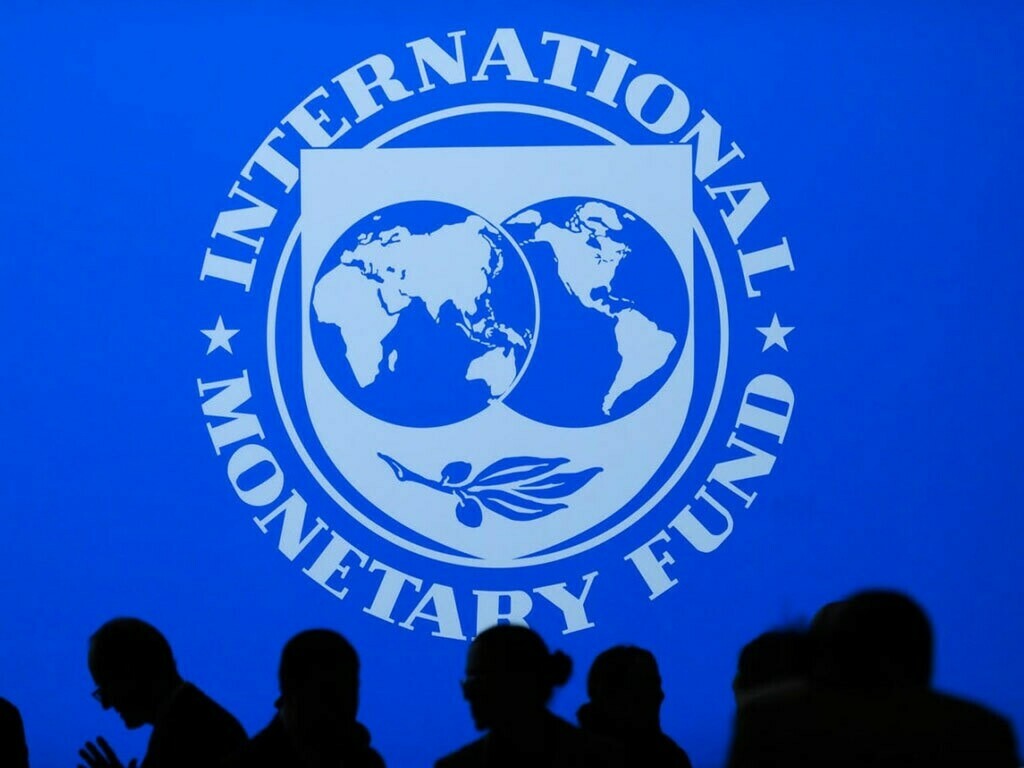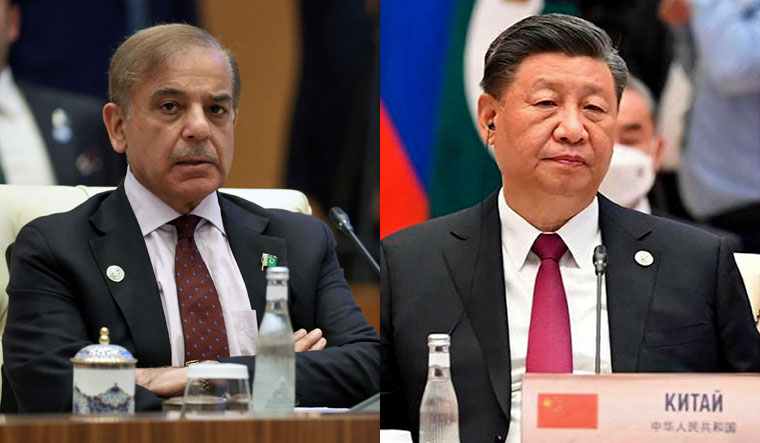An International Monetary Fund (IMF) mission and the government of Pakistan have made substantial strides toward finalizing a staff-level agreement for an extended fund facility (EFF), the global financial institution announced on Friday. This development brought immediate positive reactions in the financial markets, with the Pakistan Stock Exchange (PSX) gaining 556.5 points, reaching 75,670.97 points from the previous close of 75,114.47 points at 9:41 am.
The IMF initiated discussions with Pakistan regarding a new loan program following the completion of a short-term $3 billion program last month, which was crucial in preventing a sovereign debt default for the country. An IMF delegation, led by mission chief Nathan Porter, wrapped up discussions with Pakistani authorities on Thursday, following their arrival in Pakistan on May 13.
Over the next few days, both parties aim to finalize the discussions, including the financial support required to bolster the reform efforts by the Pakistani authorities from the IMF and Pakistan’s bilateral and multilateral partners. Porter emphasized that the reform program is designed to transition Pakistan from economic stabilization to robust, inclusive, and resilient growth.
The IMF’s statement highlighted the Pakistani authorities’ commitment to strengthening public finances to mitigate vulnerabilities by enhancing domestic revenue mobilization through equitable taxation. Additionally, there is a focus on increasing expenditure for human capital, social protection, and climate resilience.
Key areas of the reform plan include securing energy sector viability through reforms aimed at reducing the high cost of energy, progressing towards low and stable inflation via appropriate monetary and exchange rate policies, improving public service delivery through the restructuring and privatization of state-owned enterprises (SOEs), and promoting private sector development by ensuring a level playing field for investment and stronger governance.
The discussions as “fruitful,” Porter stated that the IMF and Pakistani authorities would continue policy discussions virtually in the coming days, aiming to finalize the details of the financial support necessary to underpin the reform efforts.
Pakistan is expected to seek at least $6 billion under the new program and request additional financing from the IMF under the Resilience and Sustainability Trust. The IMF has stressed that the priority is on the reforms needed to revitalize the Pakistani economy, rather than the size of the new loan package being negotiated.
Prior to the discussions, the IMF had cautioned earlier this month that the Pakistani economy faced exceptionally high downside risks. These risks necessitate comprehensive reforms to stabilize and grow the economy sustainably.
The ongoing negotiations and impending agreement are critical for Pakistan, which has been grappling with economic challenges exacerbated by political instability, high inflation, and energy sector inefficiencies. The IMF’s support and the successful implementation of the proposed reforms are seen as vital steps toward achieving long-term economic stability and growth.
In response to the announcement, market analysts have expressed optimism, noting that the successful conclusion of an agreement with the IMF would bolster investor confidence and provide a much-needed boost to the economy. The immediate rise in the PSX reflects the market’s positive reception to the progress made in the discussions.
As Pakistan moves forward, the focus will be on the effective execution of the agreed-upon reforms. The commitment to improving domestic revenue, securing energy sector sustainability, and fostering a conducive environment for private sector investment will be crucial for the country’s economic recovery and growth.
The IMF’s involvement and the anticipated financial support from bilateral and multilateral partners are expected to provide a stable foundation for Pakistan’s economic policies and reforms. This stability is essential for addressing the underlying issues that have plagued the economy and for setting the country on a path toward sustainable development.
With continued collaboration and a steadfast commitment to the reform agenda, Pakistan has the potential to overcome its economic challenges and achieve resilient and inclusive growth. The coming days will be crucial as both parties work to finalize the details and secure the necessary financial support to implement these vital reforms.




